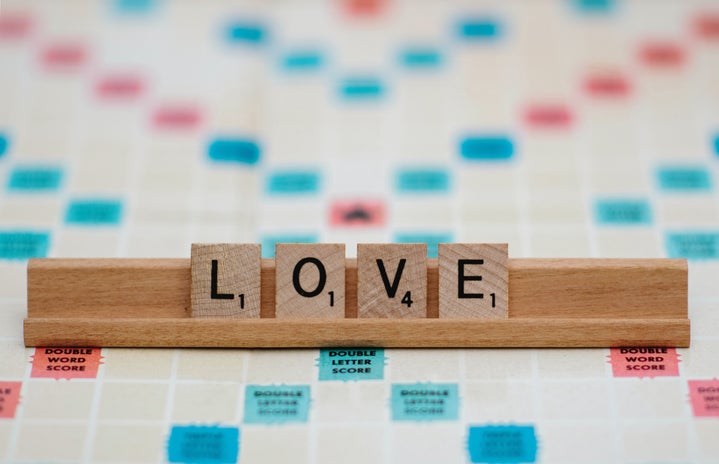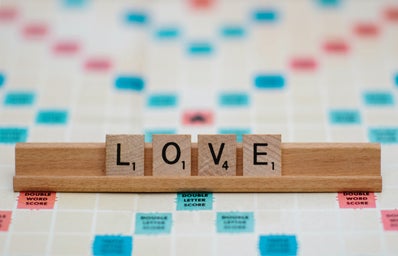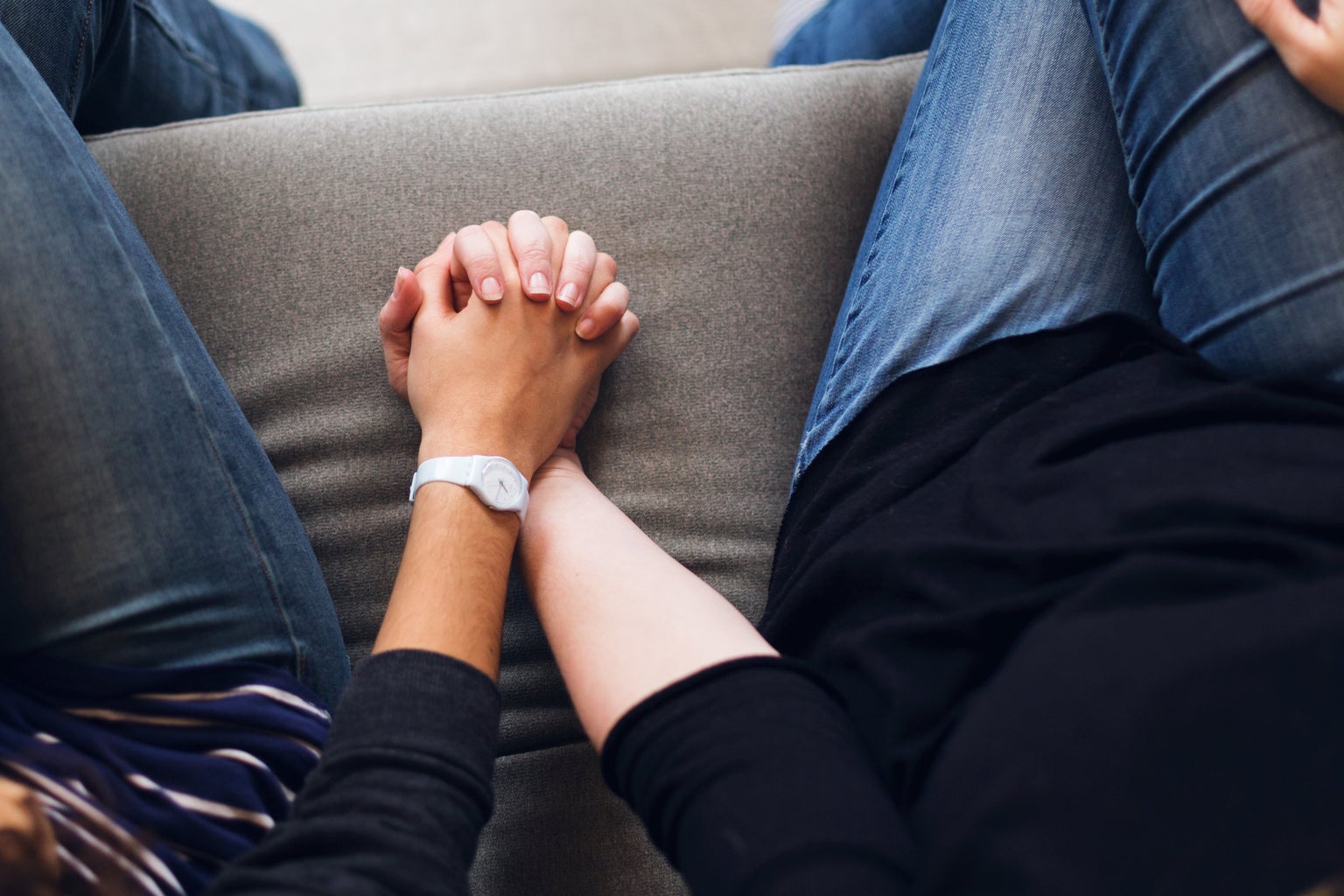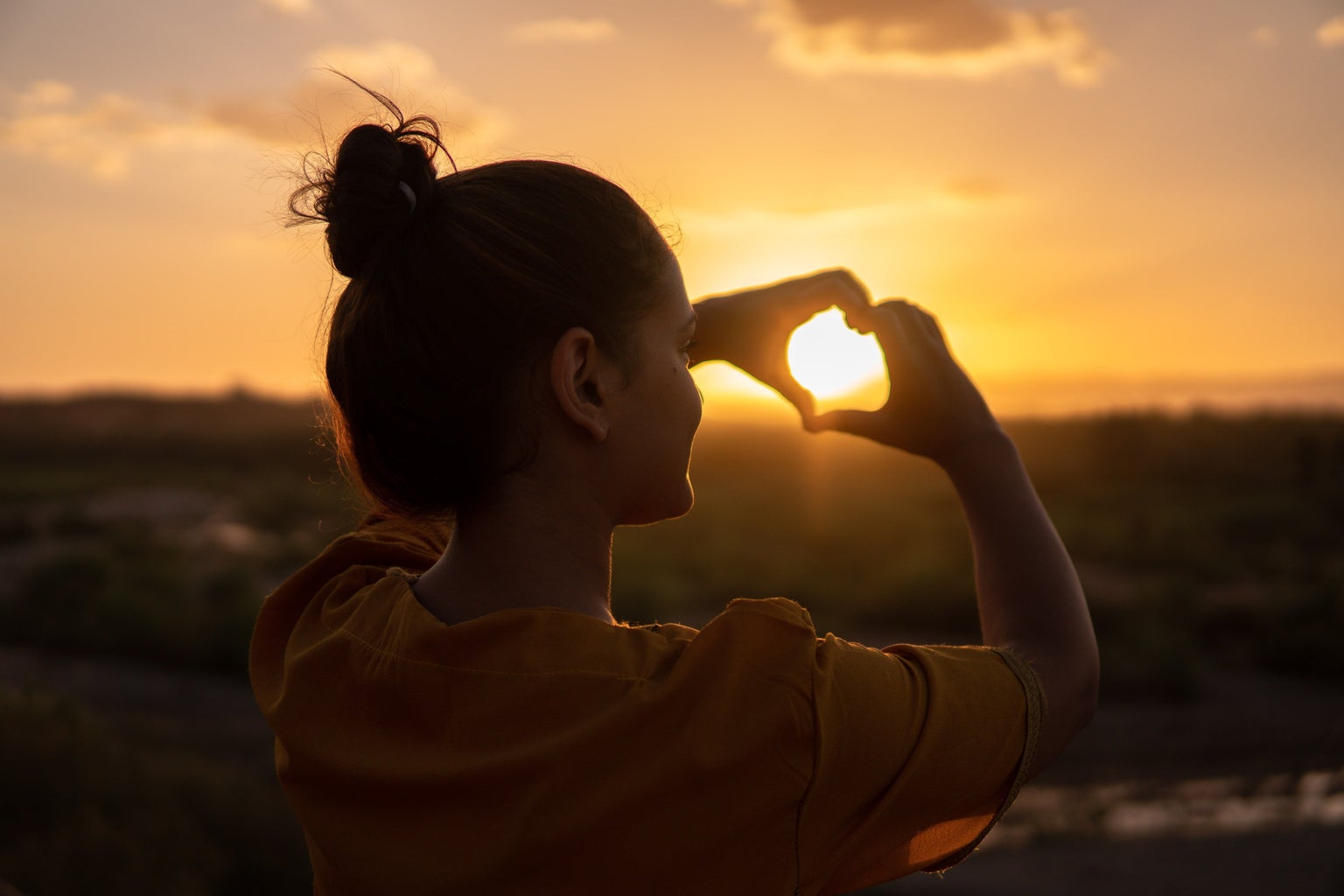Love. It comes in all sorts of different forms: the love you have for your family, your friends, your pets, or even that one weird co-worker who you grew fond of. However, nothing beats the romantic love you find in another person.
A love that holds a deeper connection, one that some might even call soul-binding. Most of us experience a love like that in our lifetime, some of us more than once. Finding love is easy. Keeping love is what is difficult.
Many people are devastated when going through a breakup. We may not comprehend what or why something happened. We feel lost, alone, sad, and depressed. We can’t understand why we feel the way we feel, but what if there was a reason for these emotions? What if science could help us understand why we feel love?
There’s a reason why Maslow’s Hierarchy of Needs includes love. Our brains experience activity in the midbrain ventral tegmental area (VTA) when we look at things that we ‘love.’ According to The American Psychological Association, this part of the brain just so happens to be connected to the basic needs that we have as humans, such as drinking water and eating when hungry.
We often see love as this complex, euphoric emotion, when in reality, love is just a part of the brain trying to fulfill a basic need. When you experience love, your brain releases what is known as feel-good hormones. These include dopamine, oxytocin, and serotonin. According to Nuvance Health, these hormones improve your overall well-being and enhance your mood. Dopamine, the “reward” hormone, helps to reinforce pleasure and encourages us to seek this feeling out.
In a way, it’s like your brain gets addicted to this feeling. When we see the person we desire, all these hormones are released, and we feel this strong emotion that we call love. Love is a cycle, and your body approaches it as such. When it feels this good sensation, it tells your brain, “Hey, I like that. I want to keep feeling this way.”
You may ask, “What about those other feelings we get around a person? The racing heart, sweaty palms, butterflies?” These feelings can all be explained by science yet again. According to the Cleveland Clinic, noradrenaline stimulates adrenaline production, which causes a quick heart rate and clammy hands. Phenylethylamine is released when we see a person we like, causing our stomach to turn in knots.
Falling in love comes in stages. First is lust, which is a strong sexual desire. According to Vinmec International Hospital, for men, lust is driven by testosterone. For women, it’s driven by estrogen. Then, we have attraction. This is when we start talking to our potential partners using conversation starters. According to Harvard Medical, the thrill we feel when our partners also like something we like is the brain rewarding you with dopamine and serotonin. This is what causes that euphoric feeling at the beginning of a relationship. Lastly, we have attachment. According to Mount Elizabeth Hospital, this is when these hormones get released so often that you begin to feel a bond with your partner.
As human beings, our entire social world is defined by our interactions and connections with others. According to the University of Colorado, whether romantic or friendly, our brains leave a unique chemical imprint that drives us to feel this love. Sometimes, these chemicals we feel in our brain decrease over time, which may lead to falling out of love.
Love is hard. It is a complex emotion to understand and process, and it can be comforting to understand why you may sometimes feel that way. While there is a scientific explanation to it, we may never truly be able to grasp this emotion completely, but it’s important that we seek it out. At the end of the day, the love we have for our friends, family, and significant others will never have to be explained scientifically—it will just be there.




